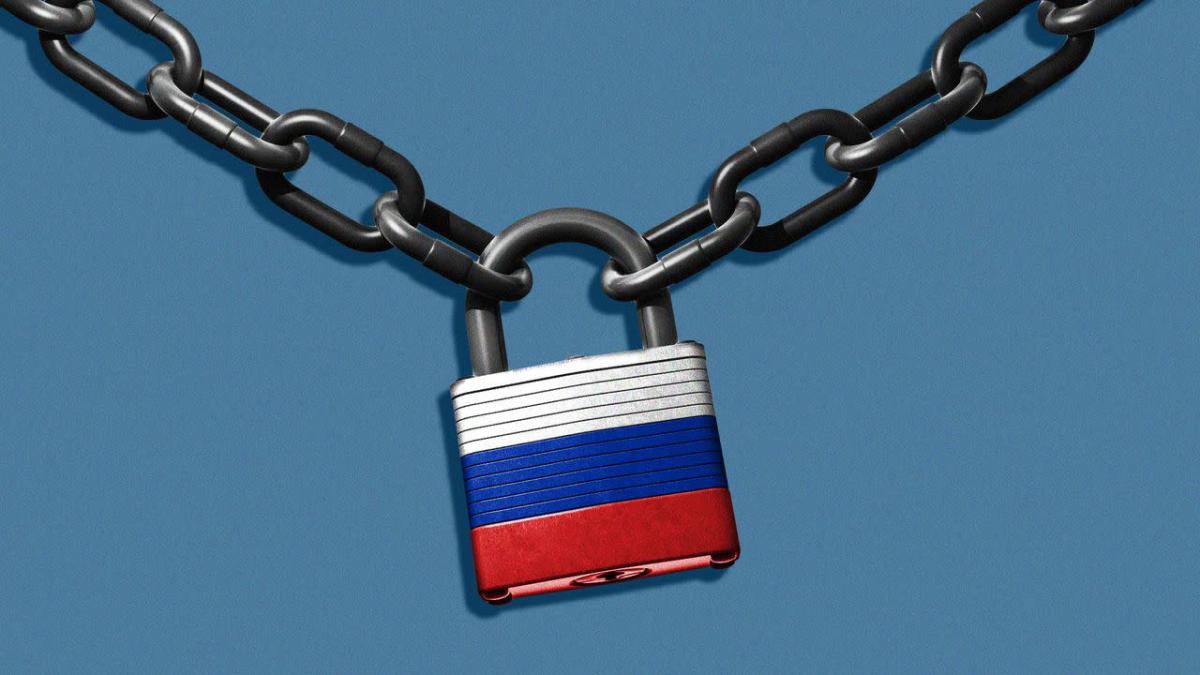
The internet promised a world in which no government could fully hide the truth from its people. Russia’s free-speech crackdown following its invasion of Ukraine is testing that premise as never before.
Why it matters: How everyday Russians view the conflict is likely to determine their willingness to support Vladimir Putin and his war.
Get market news worthy of your time with Axios Markets. Subscribe for free.
-
Putin is betting that old-school censorship and online blackouts can hold a lid on dissent.
-
Ukraine, its allies, and concerned Russians will try to share real news (along, at times, with their own propaganda) via whatever channels they can find.
The big picture: Russia has succeeded in driving out or shutting down some of the most popular internet services while also squelching the remnants of Russia’s own independent news operations.
-
That means Russians who want information beyond what the state-sanctioned news outlets provide will have to rely on private or encrypted messaging services, virtual private networks or other technical workarounds.
Facebook: Russia blocked Facebook entirely Friday, after partially restricting the social network last week.
-
“Soon millions of ordinary Russians will find themselves cut off from reliable information, deprived of their everyday ways of connecting with family and friends and silence from speaking out,” Meta president of global affairs Nick Clegg said in a statement Friday in response to the ban.
-
Facebook had previously said it hoped to keep operating in Russia. “The thing that really undermines propaganda is counter-speech,” Clegg told reporters last week.
Twitter: Varying restrictions on Twitter access for some users inside Russia, known as throttling, began with the start of the Ukraine invasion.
Telegram: The partially encrypted messaging service is popular in both Ukraine and Russia, and continues to operate.
TikTok: The short-video sharing service became a popular source of raw footage from the field in the war’s first days, though its design makes verification difficult, context hard to supply and misinformation easy to spread.
YouTube:
Between the lines: The Kremlin’s social media crackdown is paired with new limits on media coverage that could be wielded against anyone sharing information online.
Be smart: Crises often drive adoption of new technology, and if the Ukraine war drags on, it’s inevitable that new kinds of decentralized messaging services will get tried out and field-tested.
What to watch: Growing Russian domestic protest against the Ukraine war would be the most telling sign that Putin’s effort to block reliable information from the Russian populace has failed. The absence of such a movement would show that he has succeeded.
Yes, but: It’s going to be hard for the rest of the world to have a clear view of the true extent of demonstrations and discontent within Russia.
-
Also, no matter how much information makes its way to Russians, there’s no guarantee they will rise against Putin, given the many levers of power he continues to hold.
Go deeper: Ukraine conflict splinters the global internet
More from Axios: Sign up to get the latest market trends with Axios Markets. Subscribe for free




